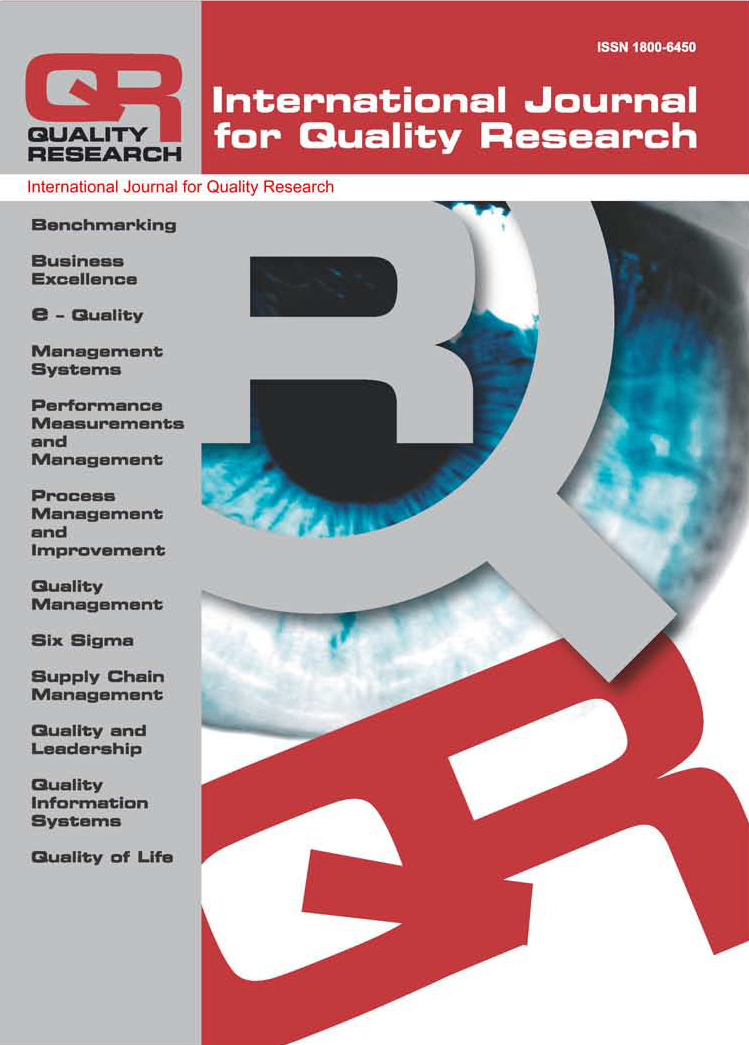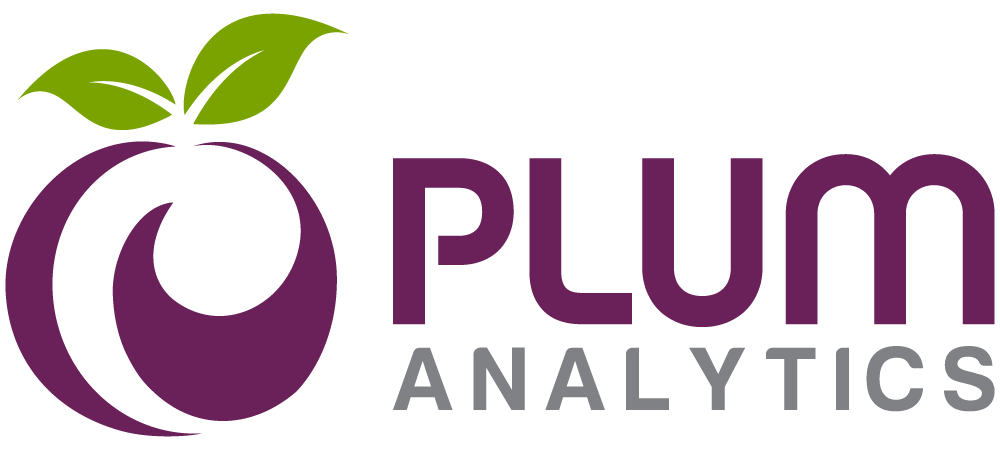CLINICAL DECISION MAKING IN NURSING CARE: EVIDENCE BASED PRACTICE AND SENIORITY
Sivasangari Subramaniam, Sotheenathan Krishinan, Revathy U. Thandapani, Hans Van Rostenberghe, Azriani Berahim
Abstract: In the nursing profession, EBP makes a positive contribution to healthcare outcomes, care delivery, clinical teaching and research. The research objective was to determine the nurses' knowledge, attitude, practice towards EBP and barriers to use EBP in four (4) Government Hospitals in Malaysia, Hospital Universiti Sains Malaysia (HUSM), Hospital Pulau Pinang (HPP), Hospital Sultan Abdul Halim (HSAH) and Hospital Seberang Jaya (HSJ). A cross-sectional study was conducted from January until December 2012 among (n=600) nurses working in all disciplines, on shift or day time duties in four selected hospitals. The questionnaire was adapted from a Singapore study (Majid, 2011). Results showed that among the nurses working in 4 different Malaysian hospitals, close to fifty percent (53 %) knew what the evidence based practice meant. The items assessing the attitude showed a large number nurses responding that they did neither agree nor disagree with statements provided. The majority of the remaining nurses tended to show a rather positive attitude except when asked about how the workload interfered with their EBP practice. The practice level of EBP scored a mean of more than 3 out of maximal five for most items. Most nurses recognized there were many barriers to EBP in their working place. In conclusion, this study may have helped to increase our understanding of knowledge, attitudes, practice and barriers towards to use of EBP to the utilization of research by nurses through an exploration of perceived barriers and facilitators on the part of nurses.
Keywords: Knowledge, Attitudes, Practice, Nursing
DOI:
Recieved: 29.10.2014 Accepted: 19.01.2015 UDC: 638.124.8
Reads: 1512 







